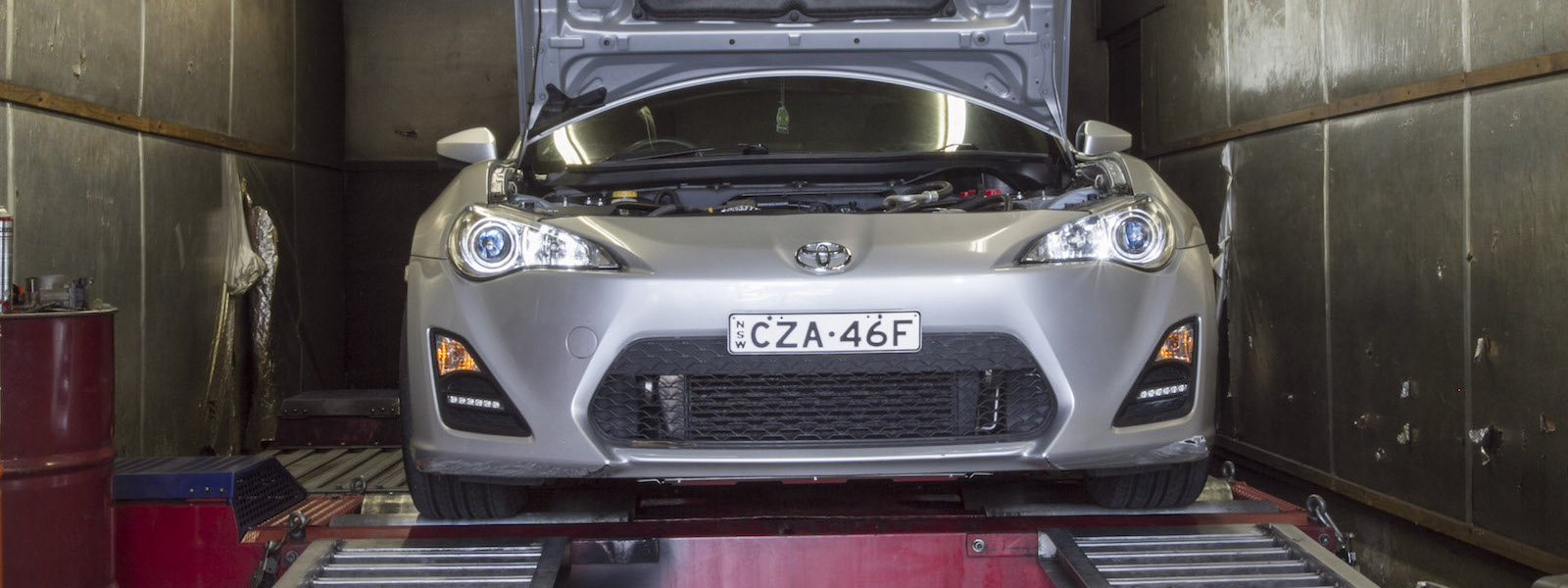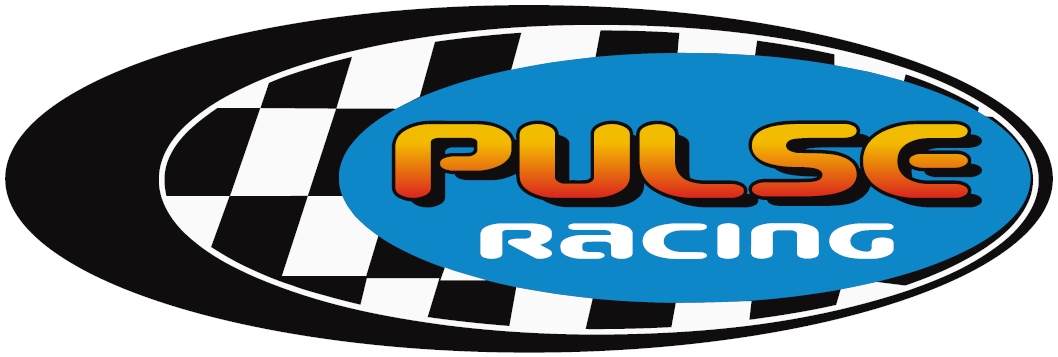
What type of Dyno do you have, and how much horsepower can it handle?
Our dyno is a Dyno Dynamics 4WD Chassis dyno and can read up to 2500 horsepower.
Why do you guys constantly achieve greater results than your competitors?
Firstly, we were engine guys before software guys. To tune an engine to its peak you have to have a thorough understanding of the mechanical aspect. It's not all about the laptop or the software - that's just a tool.
It's about understanding what's going on inside/outside the engine and why (not because someone on the internet does it a certain way). That's why at Pulse Racing we will only do custom dyno tunes; will never do what we call 'flash and dash' tuning or worse yet, mail order tuning. Every car goes on the dyno.
We see cars come in almost daily that have 'supposedly' been tuned, yet are still well and truly detuned. Always ask your tuner: is it going on the dyno? And if the answer is no, ask them why not?
(Please refer to our terms and conditions with regards to your responsibilities when we dyno tune your car.)
Does the dyno measure wheel horsepower or engine horsepower?
The dyno measures wheel horsepower/kilowatts.
Do I need to do anything to my car before I bring it in?
Just make sure you have a full tank of petrol and your tyres are in good condition.
Can I sit in my car while you guys tune it on the dyno?
The short answer is no. This is firstly for insurance reasons, and also that the tuner needs to go about their task with minimal distractions.
How long will the tune take?
On average we need four hours to custom tune your car.
Do I get a read out of my car's time on the dyno?
Yes, every customer gets a laminated copy of their dyno graph.
What type of cars can you dyno tune?
Subaru, Mitsubishi, Holden, Ford, VW, Audi, Nissan, Toyota, BMW, and Honda; or put in other terms, any car fitted with an ECU (preferably an aftermarket ECU, but depending on the type of modifications and level of performance that's not always necessary).
How does Pulse Racing get such good gains from standard vehicles? For example: why didn't Subaru do what you do? Are vehicles really that detuned from factory?
There are several reasons why Subaru don't and can't tune the cars they sell in showrooms as well as we can. First is the cost reason; the bean counters at Subaru HQ would have a heart attack if the engineers said, 'listen we need a good 3-4 hours to tune every car'. Every car is subtly different. A production line built car is built to fairly wide tolerances, if they were hand built they would cost a bunch more.
The second reason is for the 'up sell'; if you were to road test a new WRX and said to the salesperson, 'I like it, but I'd like a bit more throttle response/punch', their response would be, 'step right this way and check out our new WRX STI. Each model is detuned to fit into its market segment; heaven forbid the Forester should be faster than a WRX (please call us – (02) 9543 5007 – if you own a Forester and you'd like it to be as fast as a WRX).
Thirdly, Subaru have to allow for every scenario e.g. Fred and Marge fill the tank up in their Forester XT with 91 octane fuel (it's meant to drink 95RON) and tow their 1800kg caravan through the Outback on a very hot day – you could imagine the kind of damage that could be done. At Pulse Racing, we tune the car specifically to your needs – we sit down with you and discuss what you plan to do with the car.
Will a tune make my car more reliable?
There are so many safety features built into the back ground of the ECU to protect the engine. Funnily enough, some of the features are not even being used... although they are there. Due to the large amount of knowledge and experience, we can turn on all these safety features substantially earlier than the factory tune.
'So what does this mean to me' we hear our customers say. If all goes well, absolutely nothing. If the day ever comes when you get a bad batch of fuel, you'll be glad. Your car's new ECU tune can then put its best foot forward to do everything in its power to stop engine damage; everything down to turning down the boost to save your engine.
Why is your tuning called Pulse EDIT and not ECUTEK or open source?
Through years of working with all brands of tuning software, including ECUTEK, we have been able to choose all the good bits from each and put them together in one package: Pulse EDIT. We've delved deep into the hard code of ECUs to give us more access to all the inner workings of your car's brain.
At the end of the day, its only software and like any tool, it's only as good as the guy using it. This is an area we're proud to say we excel at. Don't hesitate to get in contact with us if you have any questions about your car's ECU, and the benefits that can be had from a custom Pulse EDIT tune.
